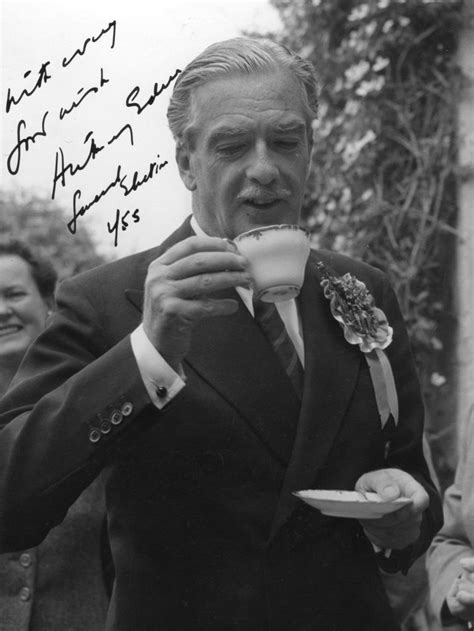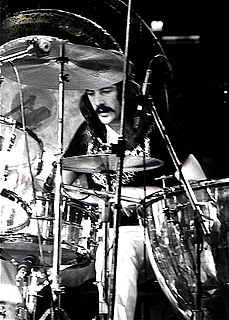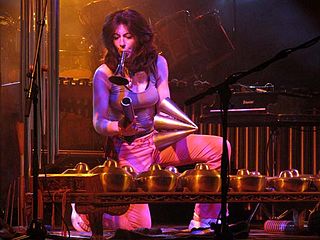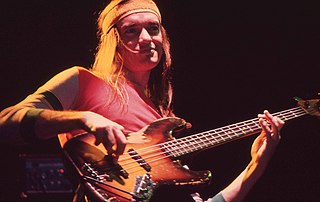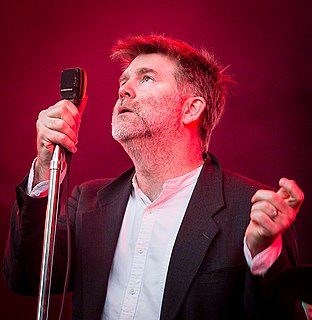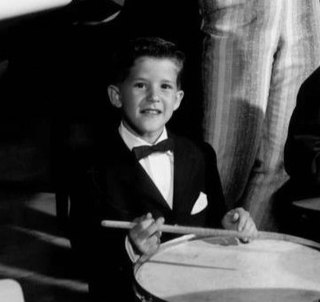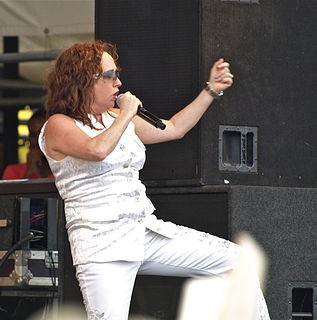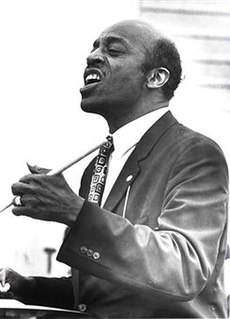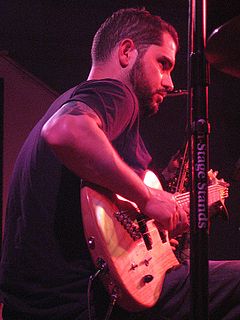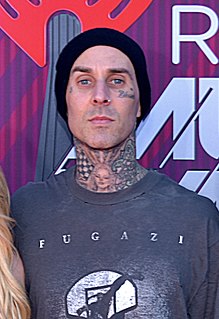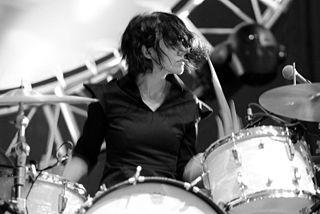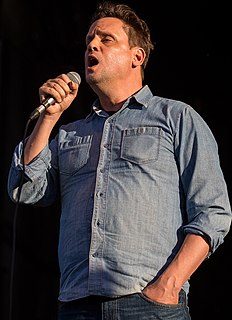A Quote by Anthony Langston
I feel like a drummer with no sticks and somebody keeps farting on my snare drum.
Related Quotes
I've wanted to be a drummer since I was about five years old. I used to play on a bath salt container with wires on the bottom, and on a round coffee tin with a loose wire fixed to it to give a snare drum effect. Plus there were always my Mum's pots and pans. When I was ten, my Mum bought me a snare drum. My Dad bought me my first full drum kit when I was 15. It was almost prehistoric. Most of it was rust.
I was in orchestra in high school, but I really started when a friend of mine who's a drummer showed me some things. I was always just really fascinated with drums, it was the instrument I was always drawn towards. My ear sort of went to rhythmic aspects of music and songs. But he really was the beginning point of starting me on drum sets; like I said, I was in the orchestra first and I was playing orchestral snare and mallet instruments first.
